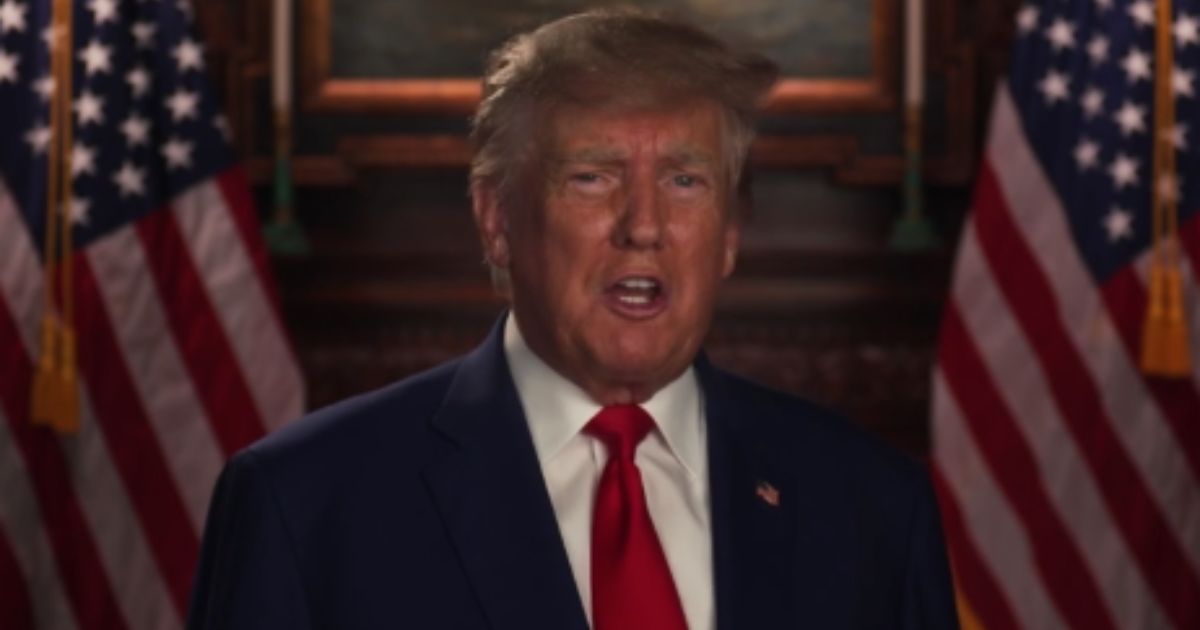Supreme Court weighs religious exemptions for Wisconsin charity
The U.S. Supreme Court is currently examining a pivotal case concerning the religious exemptions for unemployment insurance involving a Wisconsin-based Catholic charity.
According to the Christian Post, the case centers on whether operations deemed secular by state officials can justify the denial of a religious exemption for unemployment insurance to the Catholic Charities Bureau, Inc. of the Diocese of Superior, Wisconsin.
In 2016, the Catholic Charities Bureau (CCB), part of the Roman Catholic Diocese of Superior, applied for an exemption from Wisconsin’s unemployment insurance program. The organization cited its religious basis as the primary reason for seeking this exemption. However, the Wisconsin Department of Workforce Development initially denied this request, stating that CCB’s activities were not predominantly religious.
An administrative law judge later reversed this decision, only for the Wisconsin Labor and Industry Review Commission to uphold the original denial. This sequence of decisions highlighted a complex debate about what constitutes a religious activity under state law.
Wisconsin Supreme Court's Role and U.S. Supreme Court's Review
The dispute eventually escalated to the Wisconsin Supreme Court, where in March of the previous year, a narrow 4-3 decision affirmed that CCB did not qualify as a religious entity under the criteria used for exemptions. Justice Ann Walsh Bradley pointed out that the organization did not actively attempt to imbue its participants with the Catholic faith or use religious materials in its services, deeming their operations secular.
In response, CCB filed a petition to the U.S. Supreme Court in August, arguing that forcing them to participate in the state’s unemployment system undermines their religious mission and financial ability to aid the needy. This move brought national attention to how religious exemptions are determined and their broader implications for religiously affiliated entities across the country.
Legal Arguments and Judicial Scrutiny at the Supreme Court
During the oral arguments at the Supreme Court, various justices expressed concerns about the implications of the case. Justice Elena Kagan questioned the fairness of treating different religions or religious activities differently under the law. She highlighted a potential issue with the state’s selective exemption policy, suggesting it might unfairly favor groups that proselytize over those that do not.
Justice Amy Coney Barrett also raised questions about potential biases in interpreting what constitutes a religious activity. She inquired whether non-proselytizing Jewish nonprofits would be unfairly excluded from exemptions based on the same criteria applied to CCB.
On the other side, Colin Roth, representing the state of Wisconsin, defended the limited scope of exemptions to prevent state entanglement in doctrinal disputes. He cautioned that broadening the exemption criteria could lead to over a million workers at religiously affiliated institutions like hospitals being left without unemployment coverage.
Implications of the Supreme Court's Decision
Justice Neil Gorsuch highlighted the potential inconsistency in how religious activities are evaluated by the state. He used a metaphorical example comparing two soup kitchens’ religious activities and how they could differ in qualifying for exemptions based on when they invite participation in religious services.
The ongoing deliberations in the U.S. Supreme Court could set a significant precedent for how religious exemptions are handled across the United States. This case not only affects the Catholic Charities Bureau but could also influence a wide array of religiously affiliated organizations and their operations.
The decision, eagerly awaited by many, promises to refine the understanding of religious freedom and its limitations within the sphere of state-administered programs. As the justices weigh the arguments presented, the outcome will likely resonate with legal and religious communities looking for clarity on the intersection of faith-based operations and secular regulations.





